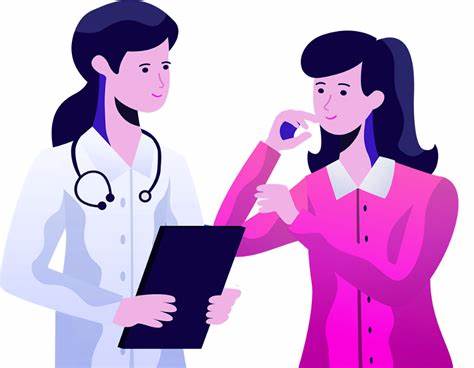Eating healthy may have slipped off your priority list during the first trimester of pregnancy due to morning sickness and heartburn. Right now, your body is going through multiple changes that might make you feel sick. Progesterone, in particular, has been linked to digestive issues, including indigestion and constipation.
More significant than how much you eat through your pregnancy is what you consume. Quality should always be prioritized over quantity. Making sure your baby receives all the nutrition she needs will be made easier by eating a balanced diet and staying hydrated. So, ask your doctor to provide a 1st month of pregnancy diet chart in order so that you can ensure optimal nutrition for both you and your baby.
Here are the most essential nutrients to include in your diet.
1. Folate
At your initial visit, your doctor might prescribe a folic acid supplement, but you also need to consume foods high in folate. The growing neurological system of your baby will benefit greatly from a diet high in folate. Your kid will protected against conditions such as spina bifida and cleft palate with folic acid.
2. Iron
Throughout your pregnancy, you should consume iron-rich meals to ensure that your blood adequately transports oxygen throughout your body. Lack of iron in the blood can lead to iron-deficiency anemia (low Hb), which can be problematic for both you and your developing child.
3. Vitamin B6
Foods high in VB6 may can help if you’re feeling queasy. We need Vitamin B6 to facilitate the usage and storage of food-derived energy. Additionally, it boosts the immune system and encourages the development of red blood cells.
4. Calcium
Calcium is vital for the growth of your baby’s bones and teeth. Too little calcium in your diet can lead to brittle bones (osteoporosis), since your developing baby will use calcium from your own reserves. A well-balanced diet that includes milk, cheese, yogurt and dark leafy greens can help you reach the daily recommended intake of 1,000 milligrams of calcium.
5. Protein
Protein is essential for the formation of uterine tissue and the development of muscles in both you and your unborn child. Aim for roughly 75 grams per day. Greek yogurt, poultry, and eggs are all excellent sources of protein.
Foods to Avoid
- Alcohol: Since it’s impossible to determine how much alcohol is safe for expectant mothers, it’s best to stay away from it entirely. Alcohol might raise your chance of miscarriage during the first trimester. Find out more about the risks of drinking during pregnancy.
- Raw Non-Veg: Raw or undercooked meat may carry a parasite that causes toxoplasmosis, a condition that can complicate pregnancy and childbirth. Salmonella can also be brought on through improperly prepared meat. Check what safety measures you must follow while consuming non-vegetarian food.
Keep a close check on the growth chart for boys and girls to ensure your baby’s health and nutrition. And don’t forget to ask your doctor for a diet chart for the 1st month of pregnancy.

